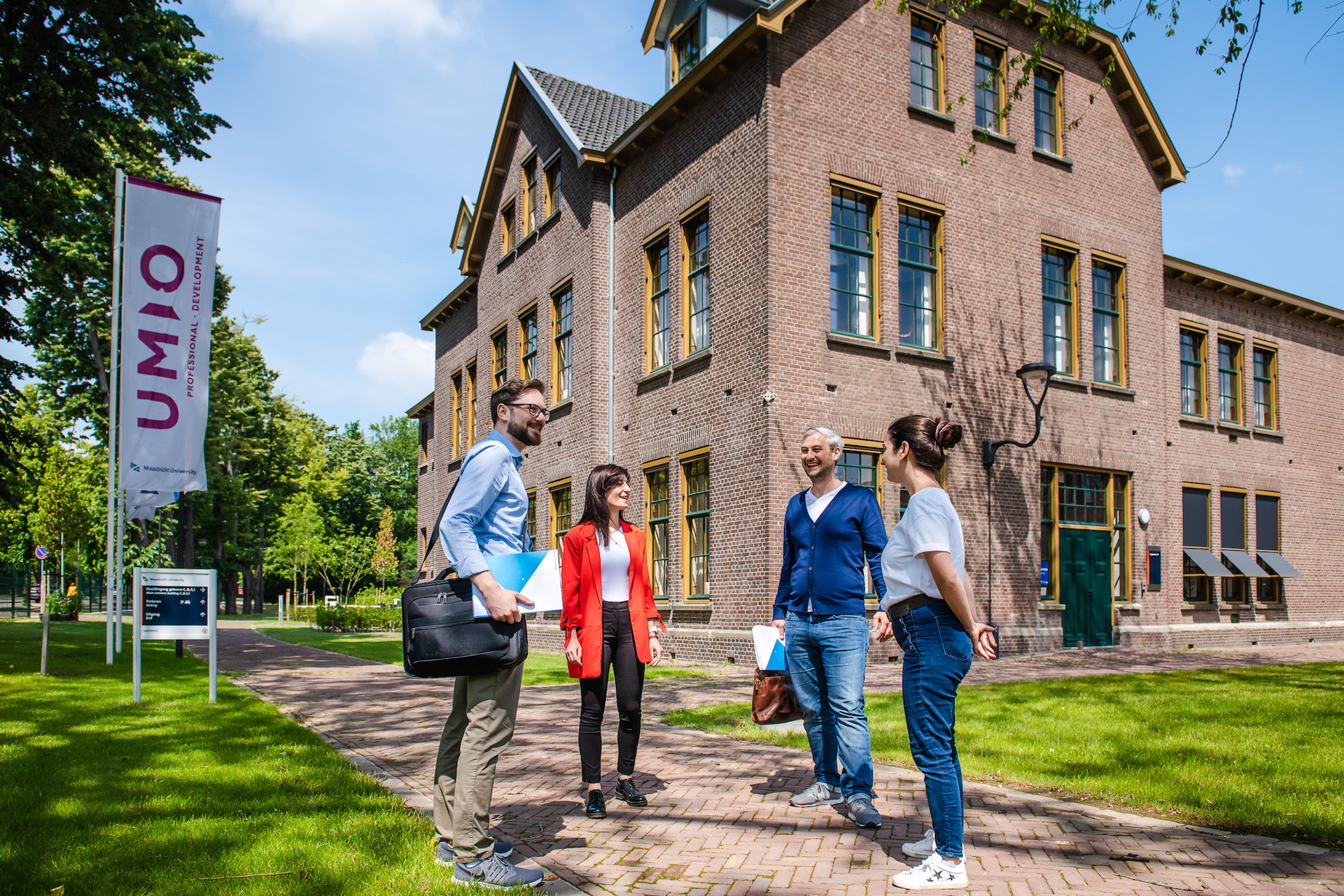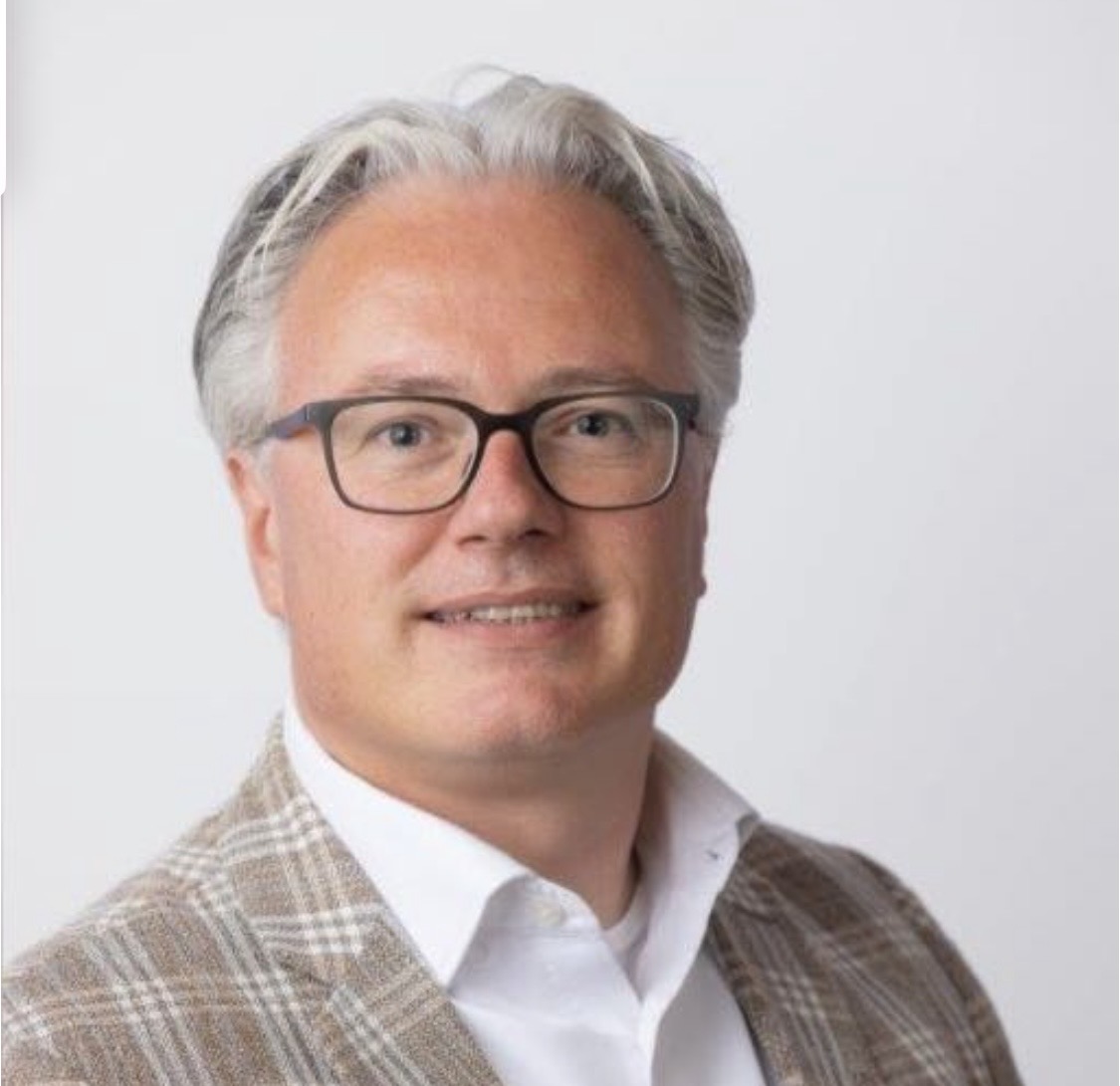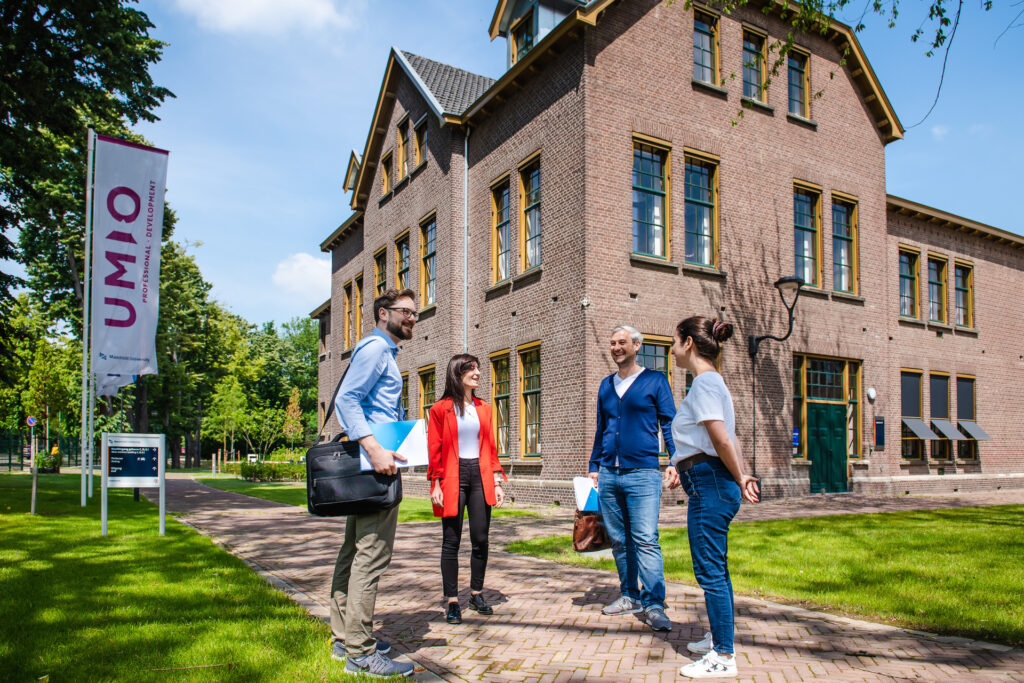Lifelong learning is second nature to Lars Gijzen, Senior External Reporting & Valuation Specialist. He recently completed the Training for Prospective Supervisors course. As a chartered accountant and employee at a large asset manager for several Dutch pension funds, he is constantly renewing his knowledge. In his work, he deals with internal control and quality of investment reporting on a daily basis. Following the Programme for Upcoming Board Members seemed a logical step: after all, his role includes internal supervision within a risk function, which motivated him to develop further in the field of supervision in order to be able to supervise externally as well.
Lars’ motivation to follow the Programme for Upcoming Board Members also lay in his desire to use his knowledge and experience, accumulated over more than 25 years, more widely than just for his current position. “I come from a very professional environment; first accountancy and now asset management”, says Lars, “At the same time, there is a growing need for professionalism in supervisory roles. The professionalism I have always seen in my own field I would like to bring to a Supervisory Board – I wish a professional Supervisory Board for every company. I think it is amazing that aspiring supervisors are gaining skills and professionalism via this programme.”
In addition, taking the course is a way to do something good for our society, Lars believes. “When you realize where most supervisory roles lie, professionalism is especially important,” he explains. “Many supervisory roles involve community money, society’s money. Think of healthcare institutions or housing associations. In my opinion, this money has to be handled carefully. I think it is important that, when we’ve all contributed as a society, the funds are properly supervised. For me, educating myself by following this programme is also a way of giving back to our society.”
A great combination of theory and practice
These are good motivations, but did the course bring Lars the professionalization he was looking for? “It’s a very accessible programme, but it inspires you to think out of the box. The programme consists of three-hour masterclasses on a variety of topics. I took thirteen of these master classes as I wanted to get the most out of the programme and maximise my skills. I also followed a traineeship, which is part of the programme, and I found it to be a very valuable addition. It gave me the opportunity to spend a year experimenting in practice, away from my own work, as a supervisor and consider: what did I learn in these master classes, and how can I use that in my role as a board member? A very instructive way of combining theory and practice, and I felt like I genuinely added something positive to the organisation I took the traineeship.”
This hands-on approach is a strong suit of the programme, Lars believes. “I also appreciated the practical experience of the speakers. They really are professionals with a lot of experience and they give relevant master classes about their field. As a result, the bridge to practice was immediately built, which means that a lot of practical examples are cited. That naturally appeals enormously to the imagination and opens your eyes to all kinds of problems and situations.”
A wide range of topics and a broad network
According to Lars, the diversity of the subjects also makes the programme versatile and valuable. “Management is a broad profession, and so is supervision. Ultimately, everything ends up in a Board of Directors, and in a Supervisory Board. The wide range of topics makes you learn about many situations and gain insight into many different problems and solutions.”
What Lars further appreciated about the course was the local network he gained access to. “The local network was very important to me, a reason for taking the course. I wanted to start working as a supervisor within my own area of residence and work. Then you are close to the company you supervise, you can switch quickly and have quicker connections with people. My goal was always to supervise in South Limburg or Limburg, so that local network was very important to me, and it really did not disappoint. The network is huge and also easily accessible.”
Increased knowledge and awareness
The programme not only provided Lars with practical knowledge but also made him more aware of his role and responsibility as a supervisor. “Sometimes you know how something works, but you are not aware of how important it actually is, of what its role is in the big picture.” He stresses that asking the right questions is crucial in supervisory roles. “I didn’t only gain additional knowledge, it also raised my awareness. You learn to ask important questions that you wouldn’t have asked before. It is so important to be watchful of potential risks, and to remain vigilant at a detailed level but also not lose sight of the overview. That balance between far and near is crucial, as is continuing to ask questions at every step of a process. The training has given me that insight,” he says.
Lifelong learning: the most normal thing in the world
For Lars, the importance of lifelong learning is beyond dispute, especially in a profession that is constantly evolving: “I think it’s very normal to keep learning and developing. As a chartered accountant, I am engaged in lifelong learning, and I find that relevant. Common sense will get you a long way, but educating yourself and staying up to date is not possible with only practical experience. I like to work on my own development, and for me, education is one of the best ways to do that.”




